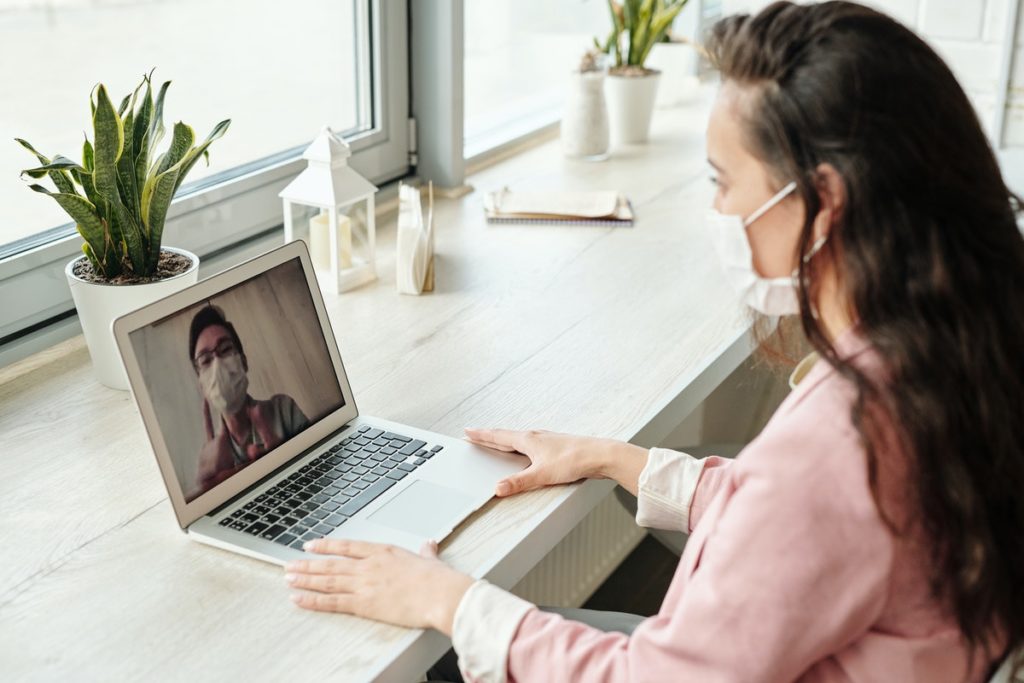The pandemic has led to a wave of postponed plans in the past year. For the majority of the world, life went to a standstill. Establishments were shut down. Schools were closed. Offices were emptied. Everyone had to stay at home to prevent the virus from further spreading.
A year into the global public health crisis, some nations are still struggling to contain the virus. Singapore, on the other hand, has managed to suppress multiple waves of COVID-19. By March 2021, the small but mighty island nation in the Pacific reports about a dozen imported cases and zero community transmission a day. It has become more successful in controlling the spread of the virus than the United States or the United Kingdom.
Days in Singapore have pretty much gone back to normal. The people are still expected to follow minimum health standards such as distancing and masking but, otherwise, everyone is allowed to return to their regular habits and routines.
Entering Singapore
Relocating to a new country will always be a highly stressful experience. However, expect the pandemic to throw some obstacles and challenges along the way. Because of the threat of the virus, borders are still closed.
Singapore has only managed to control the virus by placing strict restrictions at its doors. Students in the top international schools in Singapore still need to present a valid negative COVID-19 test result upon arrival and quarantine for two weeks before fully integrating with society. People who come from a select number of countries where there are little to no cases of COVID-19 may be able to arrange a shorter-term entry to Singapore. Check the Safe Travel website for more information.
Be Prepared to Isolate for Two Weeks
Virtually all nations around the world have some sort of standards before allowing outsiders in. Wherever you are heading, you need to be prepared to stay inside your home or a quarantine hotel for at least two weeks.
Prior to your departure, you would need to pack at least two weeks’ worth of clothing, medication, and other necessities in your luggage. Because of strict border restrictions, expect delivery delays. Your movers may take longer to ship your possessions to your new home. It is better to be prepared for the worse than be surprised with nothing to wear.
In most places, you probably will be served food while isolating or are permitted to order food from nearby restaurants and stores. It would be convenient to search for surrounding establishments and list down their contact numbers.
Families with very young children should also prepare toys or books to keep them entertained for two whole weeks. Singapore, in particular, is very strict about enforcing the quarantine for new arrivals. Those who break the rules face expensive fines and jail time.

All Transactions will be Virtual
Because of COVID-19, your negotiations and transactions will be done exclusively online. You will choose a home over the internet, looking at photos and videos instead of doing in-person viewings and inspections. It is a different process from before the pandemic because there is no opportunity to be there physically to check the property before closing the sale.
Your move will require the participation of a lot of people. You need to be able to trust them because they enable you to work. That said, you should maintain constant contact with everyone, including the moving company, your landlord, your child’s school administrator, your new boss, etc.
In case there is a sudden change in plans, which is common during these unpredictable times, you can alert everyone and form a strategy that will work with the situation. For example, a sudden spike of new cases may lead your country to close the borders, preventing you to move.
Don’t Forget About Insurance
Finally, do not forget to prepare your insurance before you leave. Right now, there is still a virus going around and there is no assurance that you or your family will be spared. Get health insurance to guard you. It will save you from costs in the future in case you need to be hospitalized.
As much as possible, it is better to wait to receive the vaccine before you move. However, there are some things that can no longer be postponed. The best that you can do is be prepared by being informed, following the rules, and preparing for the worst-case scenario.
